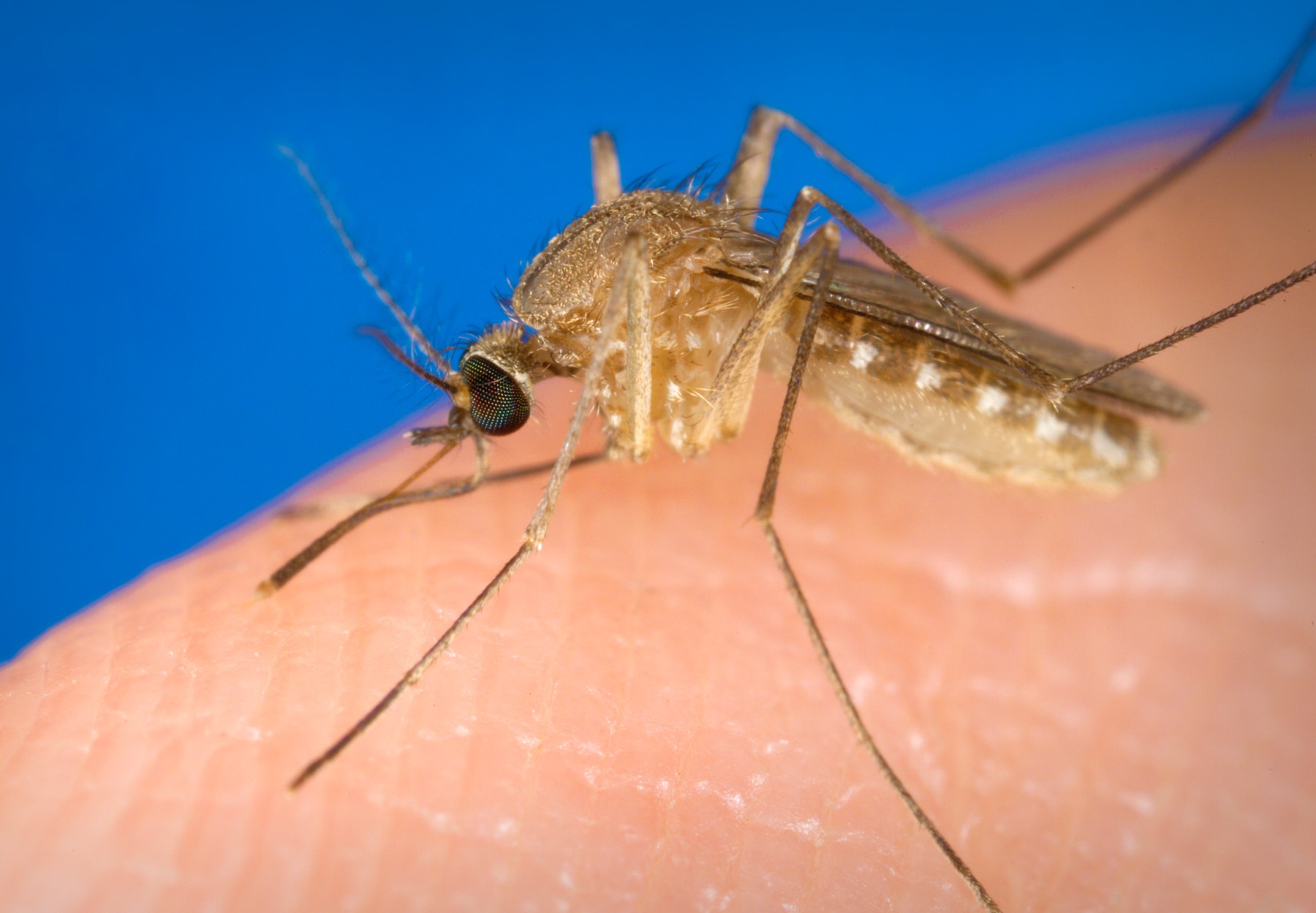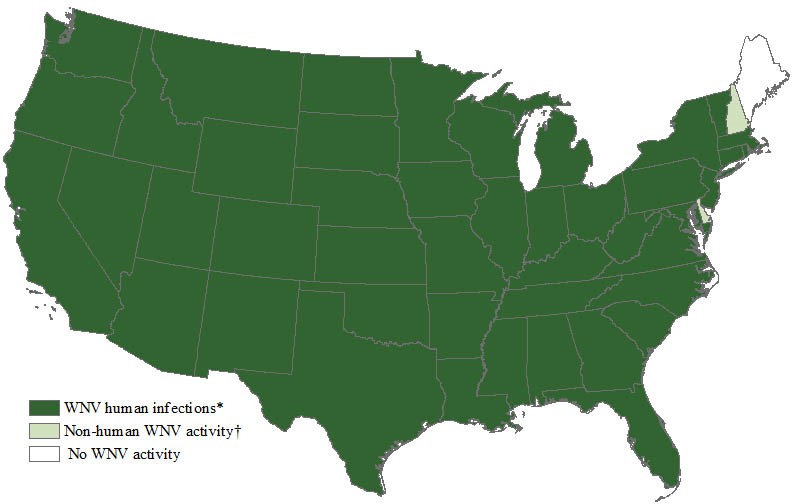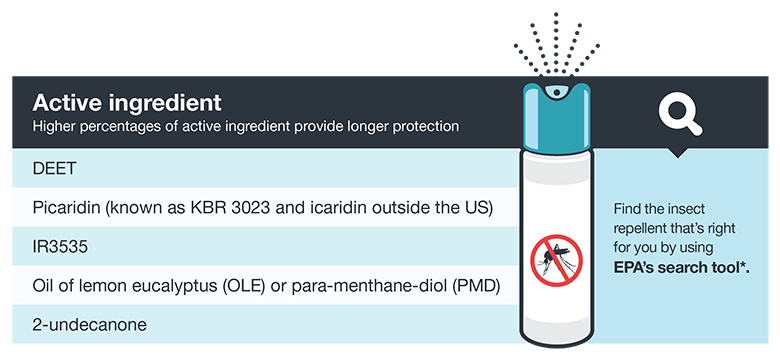West Nile Virus is a disease transferred through the bite of an infected mosquito. Mosquitoes become infected by biting infected birds and then transmitting the virus to humans. This virus is passed onto humans through a genus of mosquitoes called Culex, which is common in Europe, the Middle East, India, parts of Asia, Africa, and has been found in North America since 1999. West Nile Virus is common in Indiana mosquitoes and human infections generally occur annually.
West Nile Virus


Signs and symptoms
After being bitten, symptoms can appear within 2-14 days, but up to 80 percent of people will not develop any symptoms.
1 in 5 people exposed to West Nile Virus will develop a fever with symptoms of:
- headache
- joint pain
- body ache
- diarrhea
- vomiting
- rash
Body fatigue can last weeks or up to months. Less than 1 percent of people will develop encephalitis or meningitis, signaled by the presence of a headache, high fever, disorientation, stiffness of the neck, tremors, seizures, coma, or paralysis. Around 10 percent of those who develop a severe neurological reaction to West Nile virus may die.
Transmission and prevention
Mosquitoes are active from dusk until dawn, and most West Nile Virus cases occur between June and September. To avoid the virus, take precautions against mosquito bites. These precautions include the following measures:
- Use insect repellent that contains DEET, picaridin or IR3535 when venturing outdoors
- Wear long sleeves and pants while outside
- Close windows and doors securely, make sure all screens on windows do not have large holes
- Use air conditioning if available
- Emptying any standing water on your property, which can be found in bird baths, buckets, flowerpots, gutters, pool covers, tires and pet water dishes

Treatment
There is no treatment or vaccine, but over-the-counter pain medications can be used to relieve symptoms. In severe cases when a neurological condition is developed, patients may need to be hospitalized.

